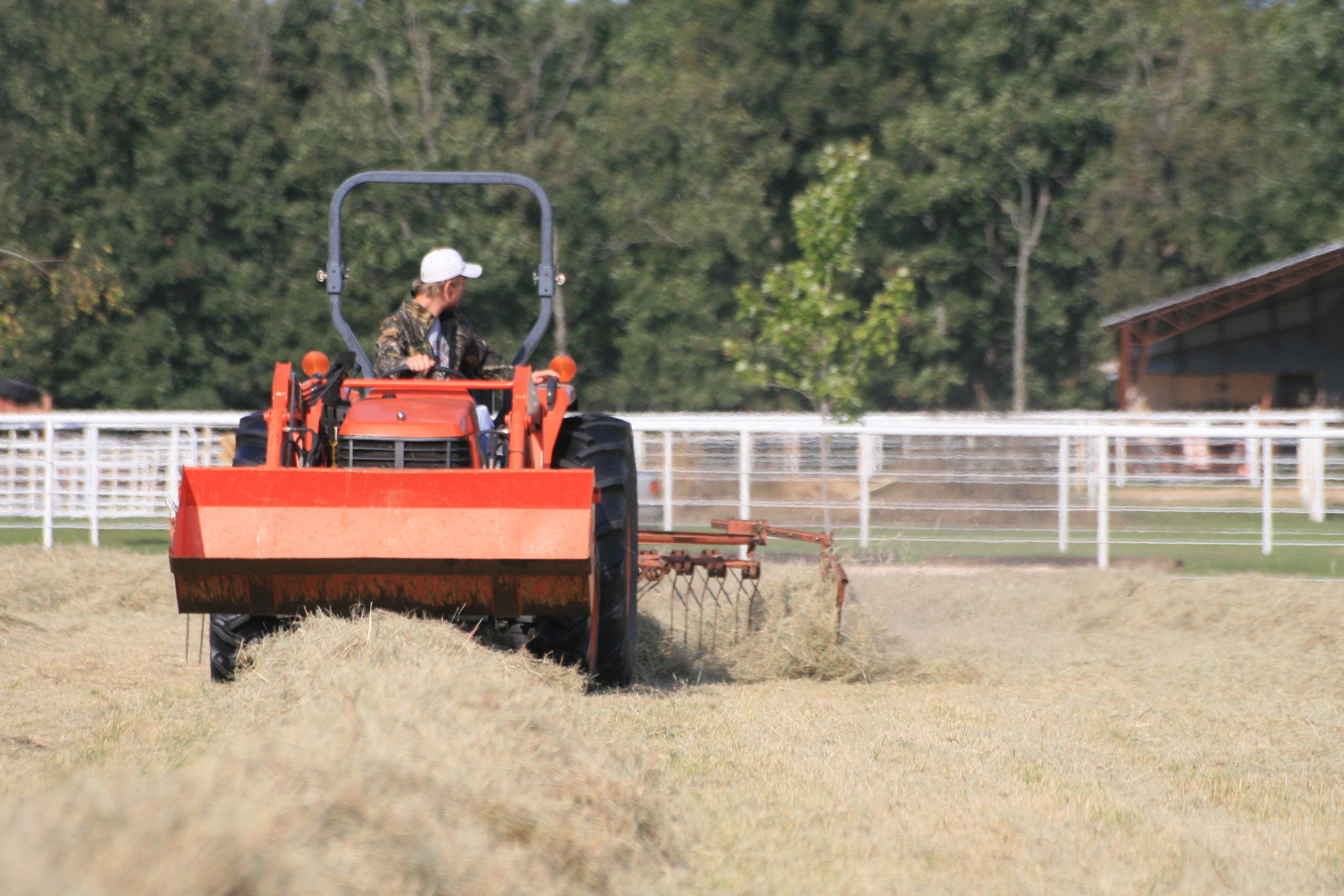It might seem obvious that farmers should be involved in the development of new agriculture technologies. After all, growers are ultimately the end users of these products; tools created on the premise that they will help grow more food with less. This is not only relevant in an increasingly populated world of fewer natural resources and volatile climates, but it’s also very relevant today as commodity prices remain at some of their lowest points for several years. The need to grow food more efficiently should be nothing new for a farmer.
But there is a surprising disconnect between agricultural growers and the increasing number of agriculture technology startups that are appearing from Silicon Valley and beyond. Moves have been made to close this gap, such as the creation of the Steinbeck Innovation Cluster a few years ago, and more recently Western Growers’ Salinas-based Center for Innovation and Technology. Under these roofs, organizers hope that entrepreneurs will engage with local farmers as they develop their technologies, to ensure they are really providing solutions for the industry. And on the flip side, they hope that farmers can help to shape agtech innovation and development to suit their needs.
AgTech Insight, a Salinas-based consultancy firm, has also been advising agtech startups along these lines, at the same time as helping farmers find the right technologies for their operations and pointing investors to potential investment opportunities. And last week, the firm went one step further, by holding an educational event for local growers to learn about investing in agtech startups, moving beyond their typical consumer role.
“Most of the growers in our network have never entertained any collaboration with agtech startups other than taking part in pilot tests or project work with a company in development,” Aaron Magenheim, chief executive of AgTech Insight told AgFunderNews.“But just because people haven’t thought about it before, doesn’t mean there isn’t interest. I’ve been able to get appointments with all the big grower groups in California, so you can tell they are really invested in knowing what’s out there tech-wise.”
Magenheim and his colleagues are in fact very bullish on the opportunity presented by farmers investing in agtech startups. “This is the way to make agtech explode the way it has the opportunity to,” said Seana Day Hull, director of business development and strategy.
“If you have growers putting a little bit of money into a company and using its products, that’s a much stronger case than someone from Silicon Valley, looking for the next big thing, who can add business value, but no insights from the industry,” added Magenheim.
At the evening event, held at Braga Ranch Barn, a 100-year old venue that’s typically used for regional meetings, local growers met with Silicon Valley investors and a range of corporate sponsors to hear about developments in agtech and how to invest in the sector.
“We were really trying to help them understand the nuts and bolts around investing,” said Day Hull. So presentations included information on what due diligence looks like, how farmers should think about valuations, what’s controllable, how to compare past investments, and what investment returns they can expect, she added.
While it was clear that much of the investment terminology was new to the growers, there was also a lack of understanding about technologies and how they can help operations. This presented another part of the education process, even for some of the most tech-savvy of the farming organizations, according to Magenheim.
So what was AgTech Insight’s key takeaway from the event?
Growers are definitely interested in the investment route, but there is a lot of education needed, both around investing and implementing technology on the farm.
“They need to get comfortable with the opportunities here, but they are the huge key to making agtech successful in the future,” said Magenheim.
While investment by farmers into agtech could present a coup for the industry, any moves towards increasing the alignment between the farming industry and agtech entrepreneurs, whether through investment or not, are important for the sector, argued Mike Betts, director of investments at AgFunder and one of the event’s speakers.
“It’s immensely important that technologists work with growers on what they’re developing and iterating based on grower feedback and really understanding what the needs are,” he told the audience. “It’s not done enough, so I think this event, this whole thing, is really a good thing for [agriculture] technology.”
Have news, tips or want to write a guest post? Email [email protected]
— Check AgFunder.com for agriculture investment news —





